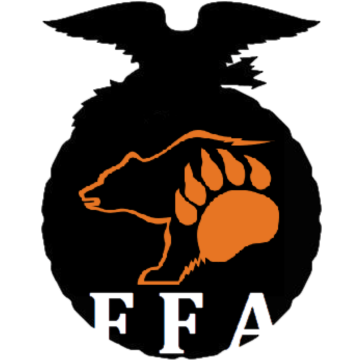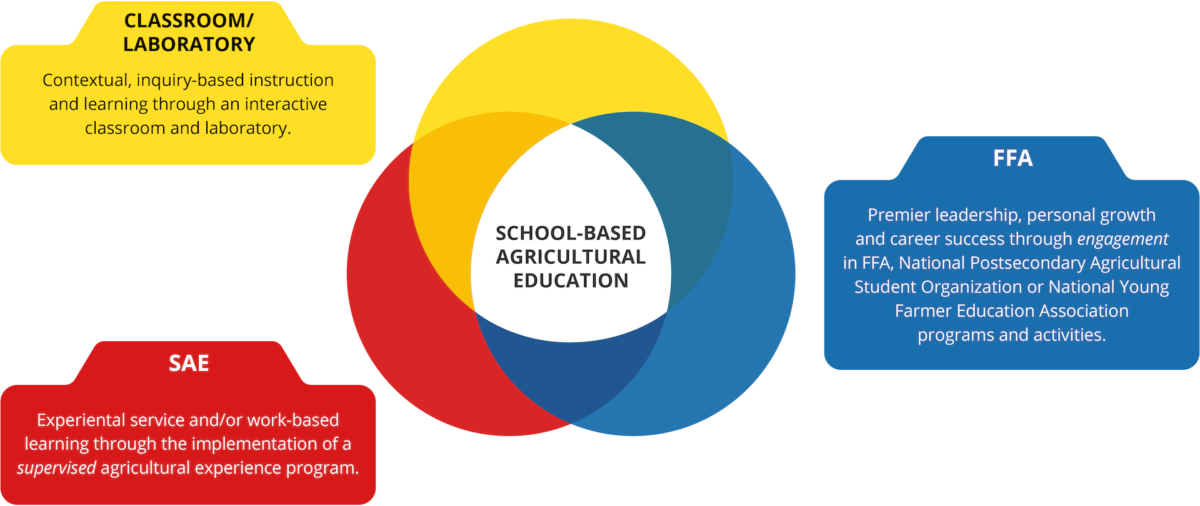Instruction/Classes
Most students think of my classes as shop classes. And while that is absolutely true, I also cover a lot of material in the classroom. There will be math and science involved, critical thinking, and more. I believe it is just as important to understand WHY you are doing something as it is HOW to do it.
I expect a lot out of my students. We will cover every new topic in the classroom first before trying it out in the shop. I think one of the hardest things I ask is for you to use common sense and recognizing when help is needed. I will cover safety and procedures in depth and check for understanding along the way often. But, if you have questions, you need to realize that and not be afraid to ask. With the variety of topics we cover, everyone is going to find something that is completely new to them. You are not alone, so please ask questions.
In addition to hard skills, we will be learning and using soft skills. Showing up on time, work ethic, and teamwork; for a lot of students these are also hard concepts to grasp. But, my goal is to help prepare you for career success. These skills are an important part to that.
Any student willing to do these things will have success in my classroom (take it one step further with FFA!).
Classroom/Laboratory:
One part of agricultural education is the classroom and agricultural mechanics shop. Some of the time you spend in class will be similar to other classes. At other times it will be much more hands-on and ties to the "real world." You will find lots of exciting chances to have fun in class while learning about agriculture.
SAE:
The supervised agricultural experience program, or "SAE" is a hands-on agricultural program that you create and carry out. It gives you a chance to explore the areas of agriculture that interest you. Your SAE can be based on anything that relates to agriculture. You might complete an agriscience research project, produce a television commercial, stat your own business or work in wildlife management.
FFA:
FFA is the organization for students who are studying agriculture. There are many agricultural areas and they are all a part of FFA. In FFA you will practice what you are learning in real-life situations. Through these experiences, you will develop leadership skills, prepare for career success, and experience personal growth.
Works Cited
FFA Student Handbook. National FFA Organization, 2002.
The member's guide to FFA information and involvement

